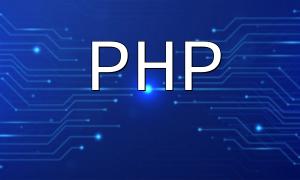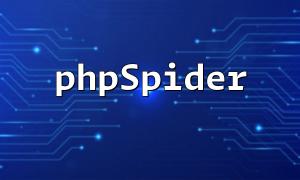PHP frameworks are widely used due to their clear structure and high development efficiency, but they also introduce some unavoidable performance overhead. Understanding the pros and cons helps developers make informed choices and improve application efficiency.
Frameworks offer rich feature modules that speed up development and standardize code structure. Especially with the MVC architecture, team collaboration becomes smoother and the code easier to maintain and reuse.
Frameworks load many components at runtime, increasing memory and CPU usage. Additionally, some frameworks lack flexibility in certain scenarios, requiring extra tuning to meet performance needs.
Although ORM tools are convenient, improper use can cause unnecessary data loading and hurt performance. Optimizing by limiting query scope avoids fetching all data at once.
// Not recommended
$users = User::all(); // Fetches all users, may consume lots of resources
// Optimized
$users = User::take(10)->get(); // Fetch only the first 10 users
Avoid processing static file requests through PHP. Serving static assets directly via web servers like Nginx or Apache can significantly reduce response time and improve overall performance.
Properly configuring caching systems such as Redis or Memcached reduces database access frequency, accelerates data retrieval, and enhances application responsiveness.
// Example of Laravel cache usage
Cache::remember('users', 60, function () {
return User::all();
});
For scenarios with very high performance demands, consider bypassing some of the framework's abstractions and implementing lightweight, direct native PHP code to achieve better execution efficiency.
// Simple API response using native PHP
header('Content-Type: application/json');
echo json_encode(['status' => 'success']);
While PHP frameworks provide convenient development and good code standards, their performance drawbacks cannot be ignored. Developers should tailor solutions based on project needs, combining sound database design, caching strategies, and static resource management, and use native code optimizations when necessary to build efficient and stable web applications.










